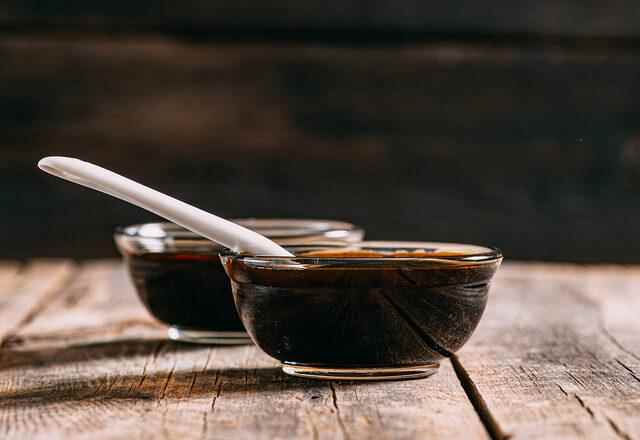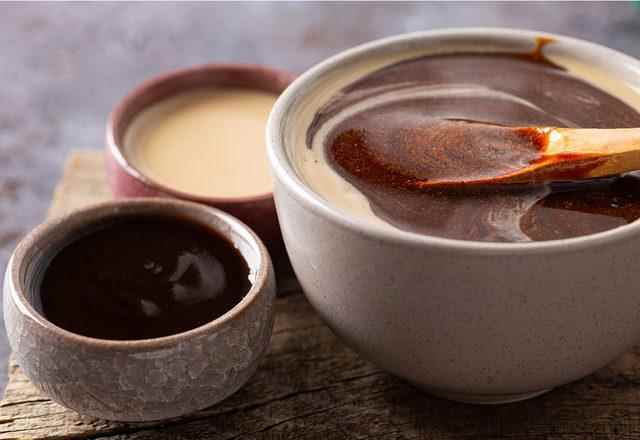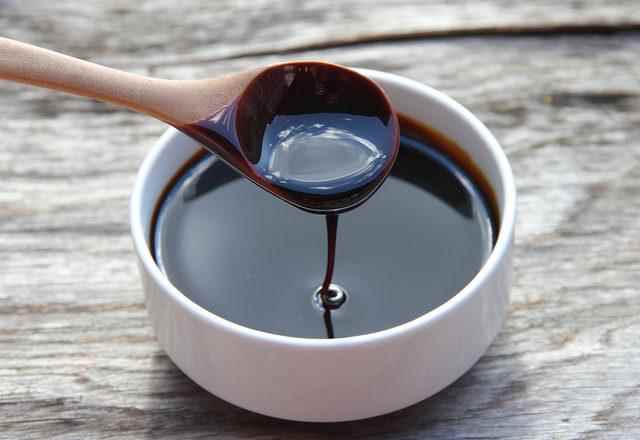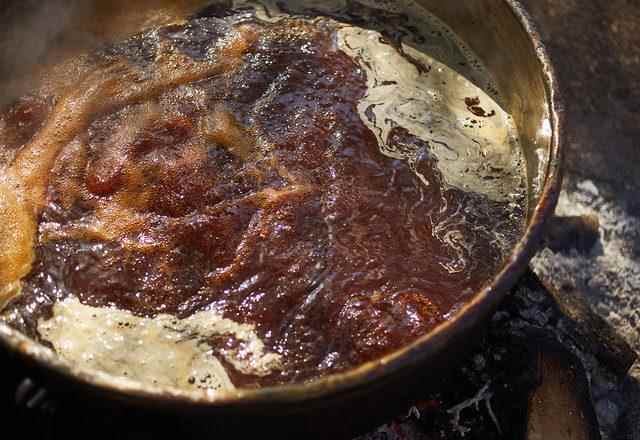Molasses, which is preferred alongside tahini, is one of the most preferred foods for breakfast lovers. There are many varieties of molasses such as grapes and mulberries. It is recommended to consume molasses regularly and in the right amount, each of which has different benefits. Molasses, which balances the body’s temperature, especially in cold weather in winter, strengthens immunity and protects against diseases. Dyt. from the Department of Nutrition and Diet. Nur Tatlıoğlu gave information about molasses, which is an indispensable food source especially in cold weather.
Molasses is a good source of energy.
Traditionally made in Anatolia for thousands of years without the use of sugar and other additives, molasses is a dense and sweet syrup generally produced by boiling and concentrating sugar-rich fruit juices. Molasses is produced from fresh grapes and raisins, which do not have a chance to be exported, but also from carob, apple, mulberry, apricot, plum, watermelon, fig and sugar beet. Molasses, which is a good source of carbohydrates and energy due to its high sugar content; It also contains minerals such as calcium, iron, potassium and magnesium. The nutritional content of molasses varies according to the fruit from which it is made.
HIGH-LEVEL VITAMINS AND MINERAL SUPPLY

Molasses, which is an energy source rich in carbohydrates, mixes into the blood shortly after consumption without the need for digestion due to its glucose and fructose content. It is a high level source of vitamins and minerals with its B (B1, B2, B3) vitamins and richness of calcium, potassium, magnesium, chromium and iron. A tablespoon (10 grams) of molasses, which has an average of 29 calories, contains approximately 1 mg of iron and 40 mg of calcium. 100 grams of molasses provides approximately 293 calories of energy.
It is good for anemia and cough

Molasses is a food source that increases blood production and is good for anemia due to its easily absorbable iron content in the body. After milk and dairy products, molasses, which is the best source of calcium content, is very important for bone development and health. Molasses is also very effective in regulating blood pressure, thanks to its rich potassium content. Antioxidants in molasses strengthen the immune system by increasing body resistance. It is known that it is good for cough and expectorant due to its protective effect against diseases.
IT IS USED IN THE TREATMENT OF ORAL WOUNDS

It plays an important role in the treatment of oral sores called thrush in both adults and children. Since the simple sugars in molasses mix into the blood quickly, it is recommended that individuals with diabetes do not consume molasses as much as sugar and honey. Due to its high mineral content and high absorption rates, it is a nutrient that should be included in the diet of pregnant and lactating mothers and patients in recovery period.
HELPING TREATMENT OF SKIN DISEASES

In particular, molasses should be included in the diet of young children, those who cannot gain weight, and those who have complaints of loss of appetite and fatigue. Molasses is also used as an auxiliary food in the treatment of eczema, psoriasis, acne and other skin diseases. Thanks to the potassium in its content, it has the feature of balancing blood pressure. It is recommended that adults consume 1-2 tablespoons of molasses, and children 1-2 dessert spoons per day.
METHODS OF STORAGE AND CONSUMPTION OF MOLASSES
Molasses made at home should be stored out of sunlight and at room temperature. Molasses with a long shelf life from the market should be kept in the refrigerator after opening the lid.
Molasses should not be exposed to high heat. If it is frozen, it should be thawed by the bain-marie method before it reaches 70 degrees Celsius.
- Excessive amount of molasses can cause diarrhea and bloating in the digestive system. Therefore, it should be consumed in a balanced way.
